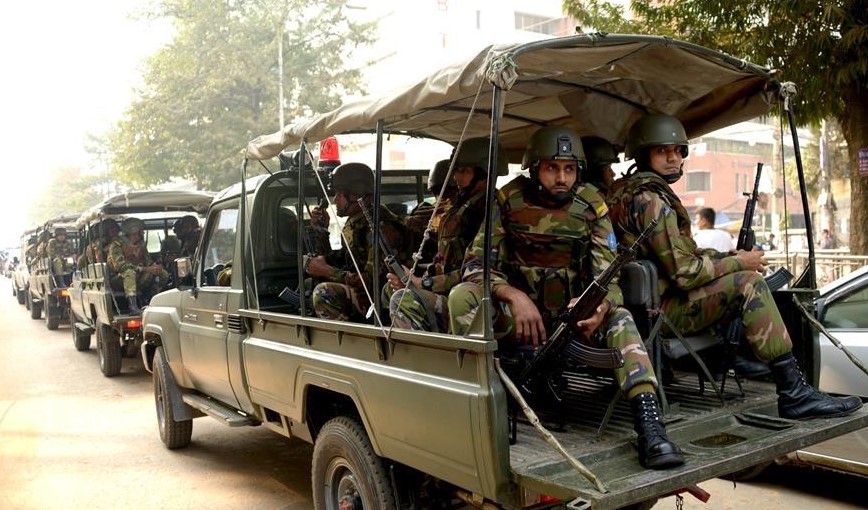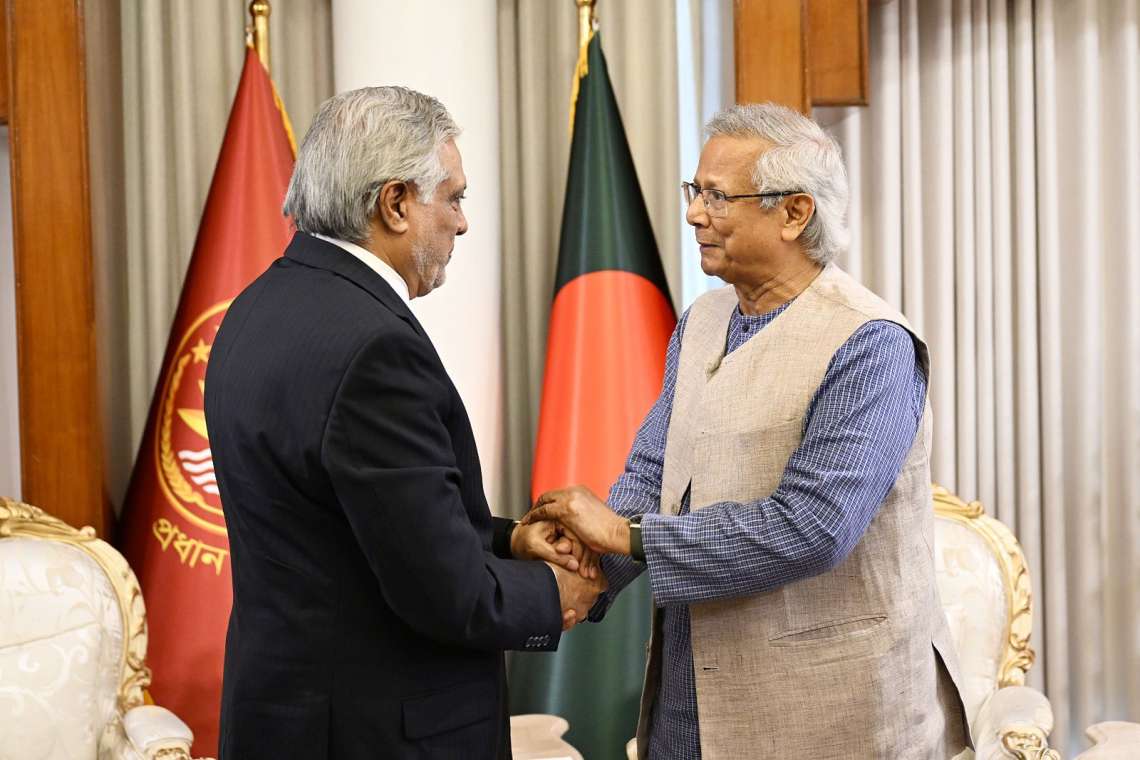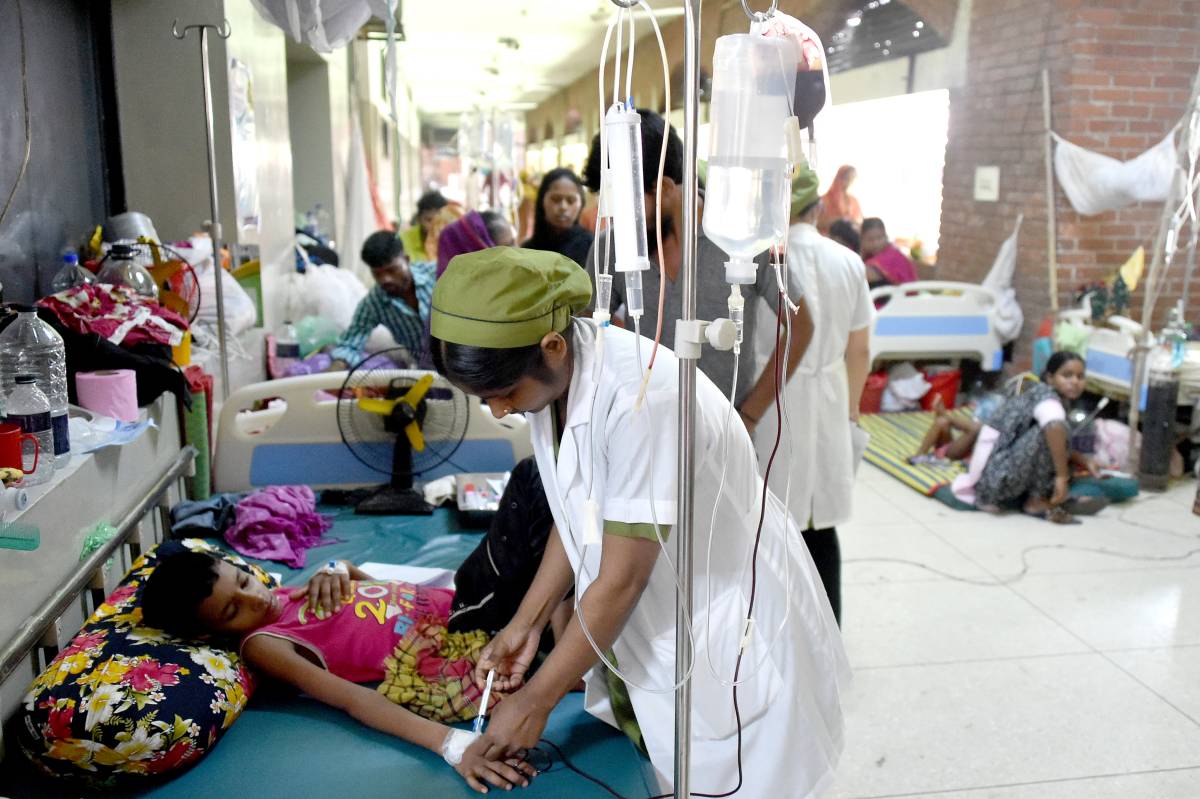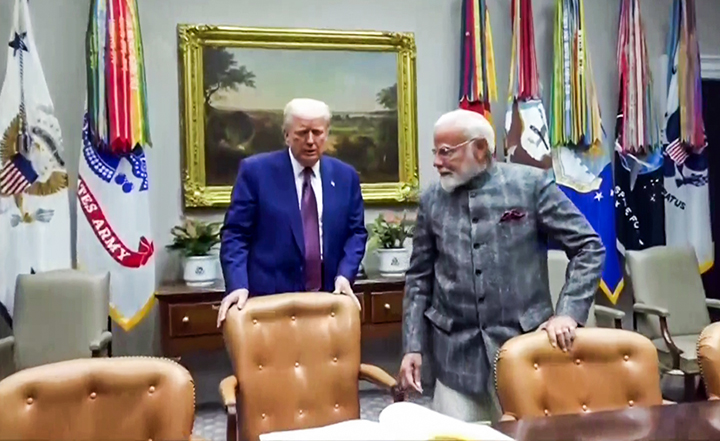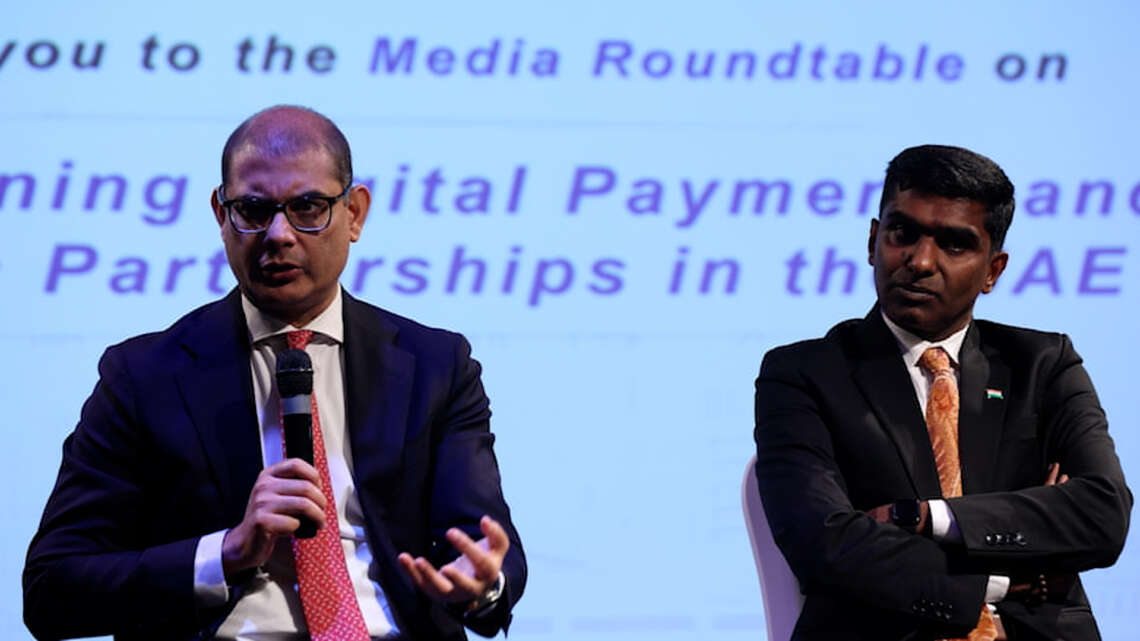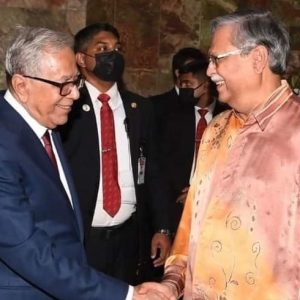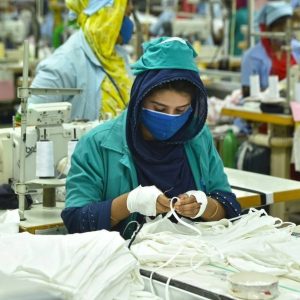With the Awami League outlawed and absent from the electoral fray, a vacuum has emerged — one that has not necessarily been filled with stability….reports Asian Lite News
Bangladesh’s political landscape has long been marked by intense energy—its dynamism frequently overshadowed by recurring bouts of violence. Since Sheikh Hasina’s ouster from power in August last year, the country has slipped into a deepening spiral of unrest, with mounting chaos on the streets and ordinary citizens increasingly exposed to insecurity.
The interim government, despite its stated commitment to restoring order, appears unable — or perhaps unwilling — to rein in this spiralling disorder.
With the Awami League outlawed and absent from the electoral fray, a vacuum has emerged — one that has not necessarily been filled with stability.
Instead, political rivalries have intensified. Formerly united in opposition to the League, parties have begun turning on each other, vying for dominance in an increasingly fragmented landscape.
Among them, the National Citizen’s Party (NCP), born from the fervour of last July’s student uprising, has emerged as a powerful and provocative force. Its meteoric rise has further stoked tensions in a country still grappling with the remnants of its former ruling party’s influence.
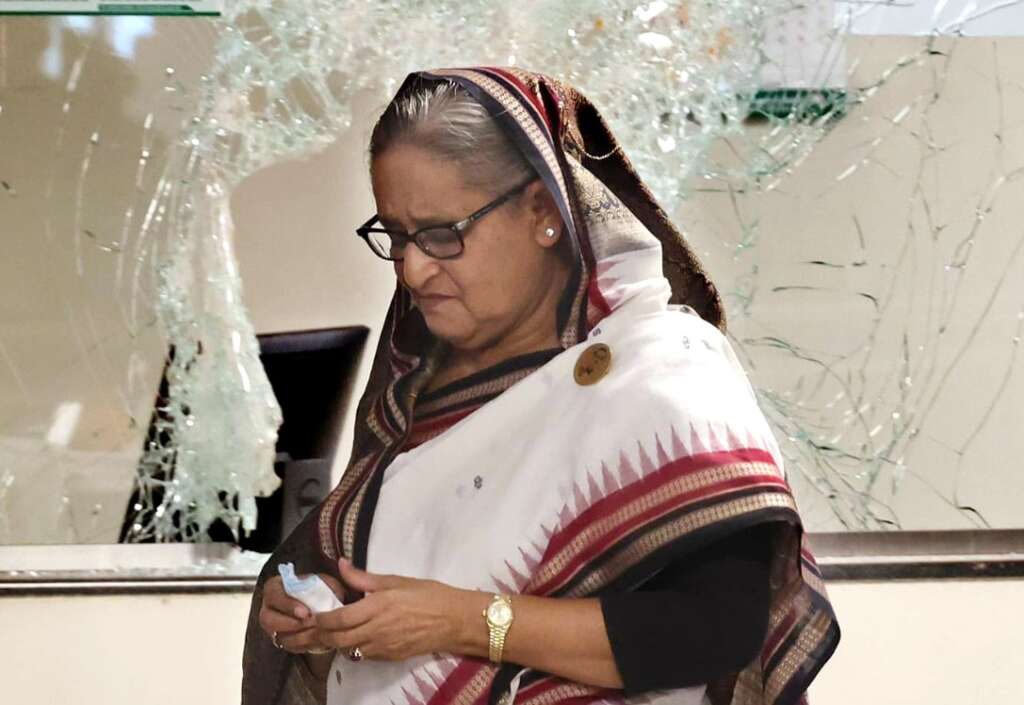
The Gopalganj incident on 16 July starkly illustrated the dark side of this new political order.
The NCP’s ambitious cross-country campaign, titled “March to Build the Country”, aimed to mark the first anniversary of the July Uprising.
What began as a rally to showcase unity and purpose soon devolved into violence when NCP members clashed with elements of the banned Bangladesh Chhatra League—once the student wing of the Awami League.
Reports confirmed that crude explosives were hurled, resulting in five fatalities and over 50 injuries. While the Awami League may be officially dissolved, its grassroots presence and legacy evidently persist.
More worryingly, the clash also laid bare the NCP’s own descent into authoritarian conduct. The party, which has for months championed the banning of the Awami League and vilified its supporters as ‘fascists’, now finds itself mirroring the very traits it once condemned.
The violence in Gopalganj—a town symbolically tethered to Sheikh Mujibur Rahman—was no accident.
NCP’s provocative choice of location, viewed by many as an intentional attempt to desecrate Mujib’s legacy, has sparked fears of a coordinated campaign to erase the historical and ideological foundations of Bangladesh itself.
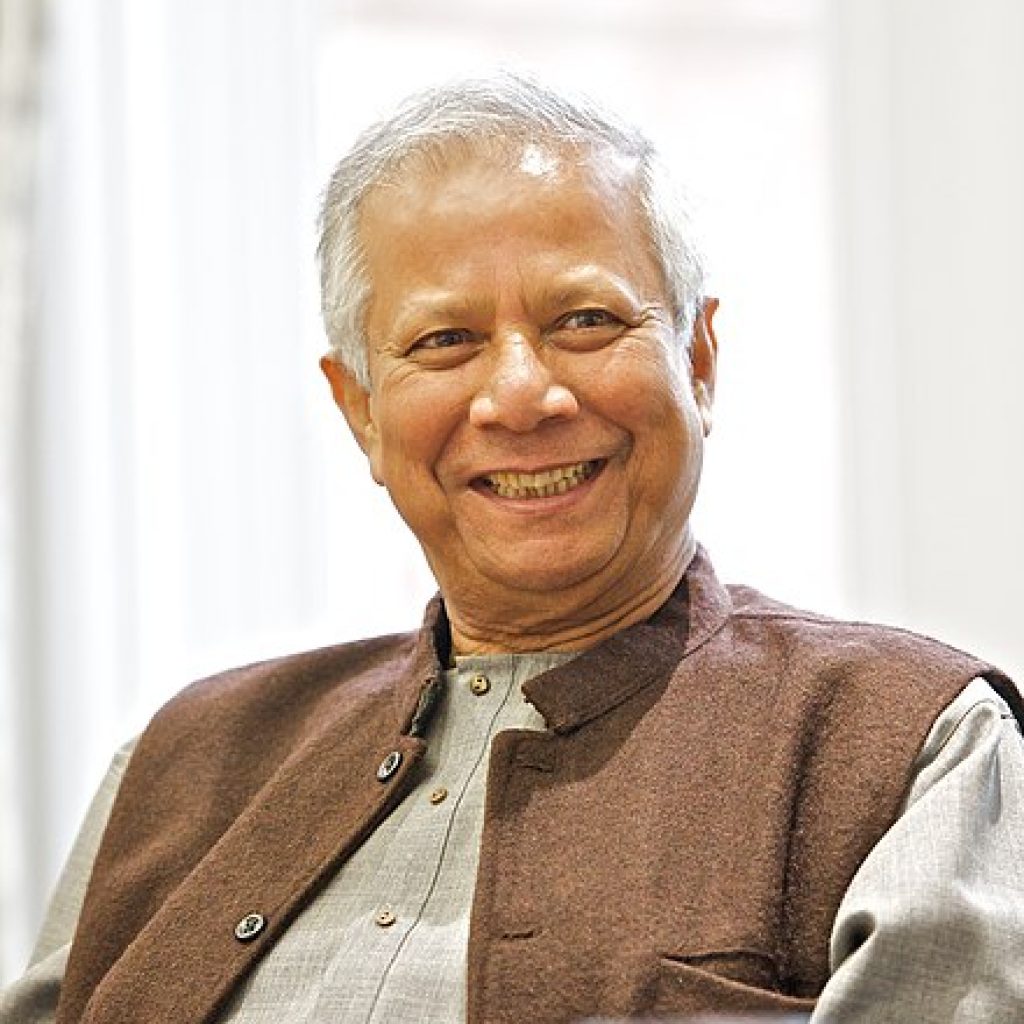
In recent months, the NCP has positioned itself at the forefront of the national discourse, pushing for three primary goals: the permanent banning of the Awami League, completion of the July Uprising trial, and formal adoption of the July Charter as a foundational document.
The interim government initially resisted such moves. The chief adviser had even remarked that it was up to the Awami League to decide whether or not to participate in elections.
But following the NCP’s May demonstration in Dhaka, the government changed course. The League’s registration was revoked by the Election Commission on 12 May, and all its political activities were halted pending the outcome of the July trials.
The global community, however, did not take kindly to the move. Several international observers condemned the decision as a deviation from democratic norms.
Banning the country’s oldest and arguably most historically significant political party has triggered concerns about the interim government’s impartiality and the future of pluralistic politics in Bangladesh.
While the NCP paints the Awami League as fascist, it is becoming evident that the new party harbours its own ideological extremism.
The assault on Mujibism is no longer rhetorical. There is a calculated effort underway to purge the legacy of Sheikh Mujibur Rahman—Bangabandhu, the Father of the Nation—from every public space.
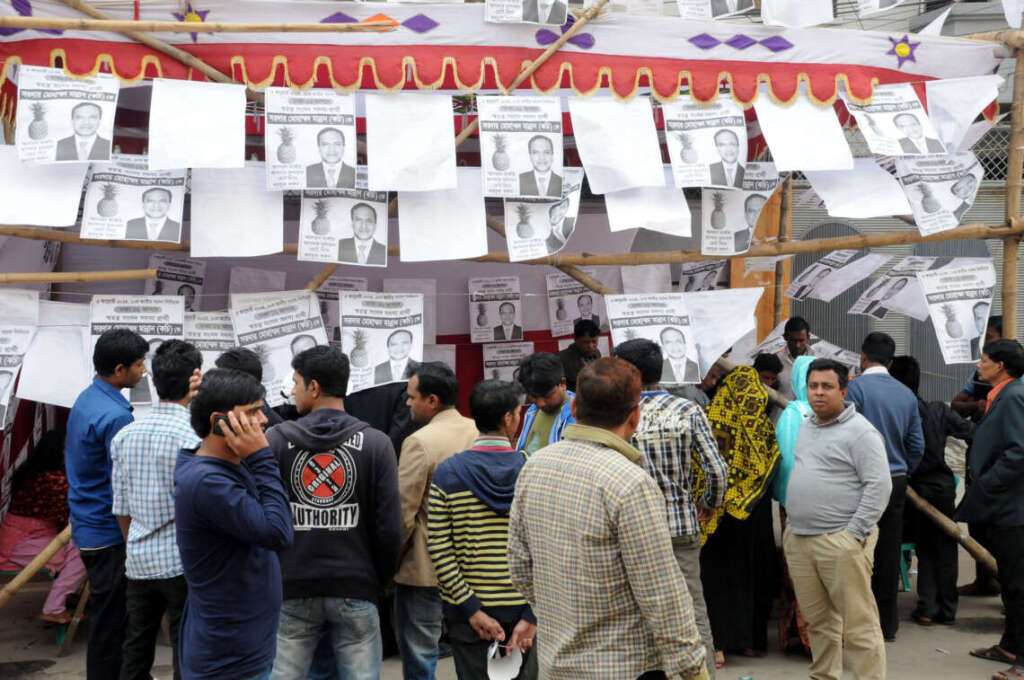
Following Hasina’s removal, state-led actions have facilitated the removal of his portraits, cancellation of holidays commemorating his achievements, renaming of institutions, rewriting of textbooks, and even demolition of historical landmarks associated with him.
The transformation is not limited to the political. It extends to a cultural revolution aimed at redrawing the ideological map of the nation.
The existing Constitution, promulgated in 1972 with secular and nationalist ideals derived from the Liberation War, has come under attack. The NCP, backed by Islamist groups, has denounced it as a ‘Mujibbadi’ document and has called for the elimination of its core principles.
This demand challenges the very ethos of Bangladesh’s struggle for freedom and its subsequent nation-building project.
The interim government’s complicity is hard to ignore. Rather than acting as a neutral custodian of national stability, it has quietly enabled these measures.
The symbolic erasure of Mujib’s legacy is most evident in the demolition of sites like Mirza Alam Chattar in Jamalpur and the Bangabandhu memorial in Jessore—both being replaced with monuments commemorating the July Uprising.
These acts have drawn sharp criticism, with citizens, historians, and civil society figures warning against rewriting history to suit the narrative of a single political faction.
Nowhere is this more apparent than in Gopalganj, the birthplace and burial site of Sheikh Mujibur Rahman.
The NCP’s decision to hold a rally there was widely viewed as provocative. Eyewitnesses and media reports suggest that NCP cadres, some armed, unleashed violence on civilians—allegedly with backing from military personnel deployed for crowd control.
The Bangladesh Army’s involvement in the crackdown has raised serious questions about its neutrality. The UK-based International Crime Research Foundation has called for a UN-led investigation into what it describes as a “premeditated assault” on the mausoleum of Bangladesh’s founding father.
The silence of the interim government on the Gopalganj incident speaks volumes. Many believe it to be tacit approval of the NCP’s radical agenda. Nahid Islam, NCP’s convenor, has made increasingly inflammatory statements since the event—referring to Gopalganj as a “fascist stronghold” and even going so far as to declare that Ziaur Rahman, not Mujib, was the true proclaimer of Bangladesh’s independence.
Such remarks not only distort historical facts but seek to alter the collective memory of the nation.
In effect, the political violence in today’s Bangladesh is not merely the result of power struggles. It is deeply intertwined with a concerted campaign to dismantle Sheikh Mujib’s ideological influence.
The NCP’s insistence on an Awami League-free Bangladesh betrays the principles of inclusive democracy. No matter how tainted a party may appear in the court of public opinion, true democratic practice demands space for all voices—including dissenting and unpopular ones.
The Gopalganj tragedy has exposed a hard truth: in trying to rid the nation of one form of political dominance, Bangladesh may be sliding into another—this time cloaked in the rhetoric of revolutionary justice and popular sentiment.
But such a trajectory threatens not only the stability of the state but also the moral compass of its polity. Erasing history, however flawed, is no path to genuine reform.
In today’s Bangladesh, the lines between victim and aggressor, fascist and liberator, are increasingly blurred.
If the nation is to emerge from this era of polarisation and purges, it must reclaim its commitment to truth, reconciliation, and political pluralism—before another chapter of its history is written in blood.


